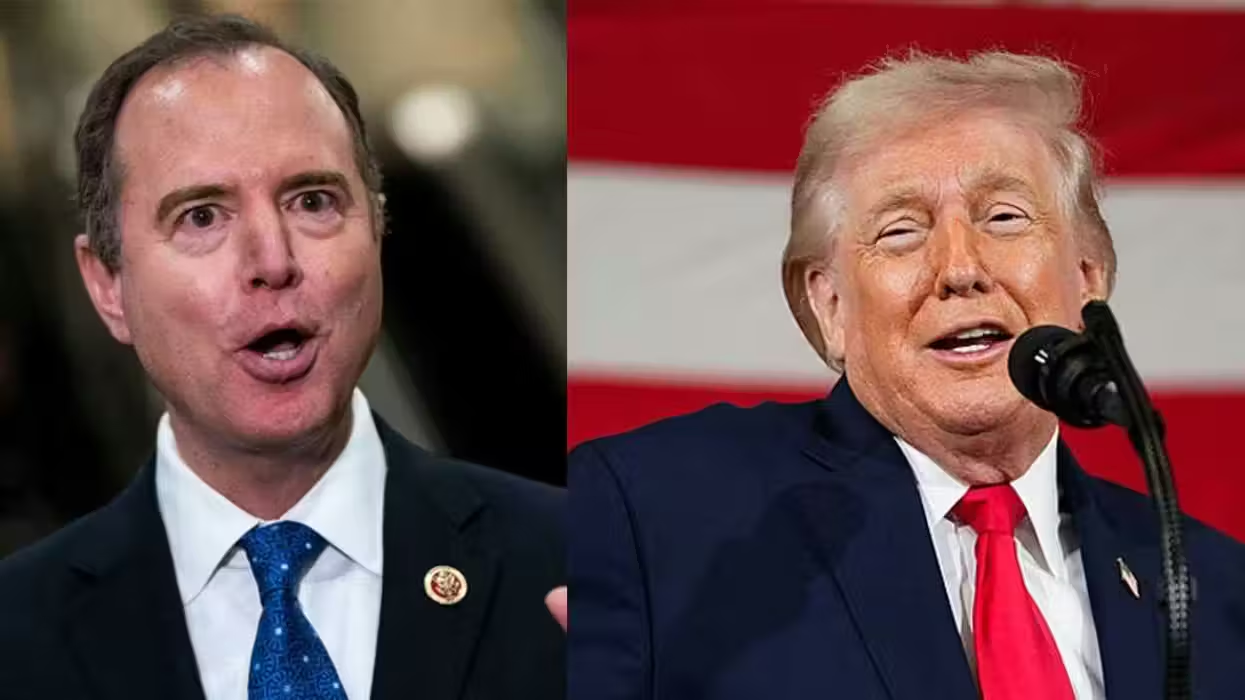Two members of the corrupt Baltimore Police Department's Gun Trace Task Force, including the task force's leader, were sentenced to lengthy prison terms Thursday for their crimes.
United States District Court Judge Catherine Blake sentenced Sgt. Wayne Jenkins, the former task force leader, to 25 years behind bars. Detective Marcus Taylor was sentenced to 18 years in prison.
What's the background?
The Gun Trace Task Force was supposed to be an elite unit in the Baltimore Police Department charged with catching the city's most hardened criminals, including gang-affiliated drug and illegal gun dealers. Instead, according to federal court testimony, they became a corrupt unit that regularly executed illegal arrests and searches and seized stolen property for their own personal gain.
Federal prosecutors indicted eight of the nine members of the task force in September, and six of the indicted officers (including Jenkins) ultimately pled guilty. One, Daniel Hersl, conceded that he had engaged in illegal activity but contended at trial that prosecutors had overcharged him.
Taylor was the only officer to contend in court that he was completely innocent of the charges, and four of his former fellow task force members testified against him.
After a trial, Hersl and Taylor were both convicted in February on multiple counts of corruption.
The Gun Trace Task Force scandal rocked the credibility of the Baltimore Police Department and led to a number of drastic changes. A new police commissioner, Darryl de Sousa, was brought on board specifically to fight police corruption in Baltimore. De Sousa promptly announced a number of intended reforms, including mandatory polygraph tests for all cops.
However, de Sousa was soon forced to resign when it was revealed that he failed to file income taxes for three consecutive years. De Sousa was ultimately criminally charged for tax evasion. A permanent replacement for de Sousa has not yet been named, and the status of his planned reform efforts remains up in the air.
Also, the corruption exposed by the trial may yet lead to thousands of cases involving the task force officers to be dropped.
Prosecutors alleged that Jenkins had committed at least 10 armed robberies, falsified overtime reports, and repeatedly planted drugs on innocent people. He was also accused of selling around $1 million worth of illegal drugs, including large amounts of painkillers that were looted from pharmacies during the riots following the death of Freddie Gray, according to WJZ-TV.
At least one person was killed as a result of Jenkins' action: 86-year-old Elbert Davis. According to prosecutors, Jenkins was trying to rob two men while dressed in plainclothes. The men fled from him, not knowing he was a police officer, and during the course of their car chase, crashed into and killed Davis. Prosecutors also contend that Jenkins planted heroin on the two men he was chasing and that they both wrongfully served years in prison.
What did the officers say at sentencing?
According to WJZ, Jenkins was contrite during his sentencing, telling Judge Blake, "I made so many mistakes. ... I know it’s my fault because I did it. I deserve to be punished. I deserve to go to jail."
Jenkins also apologized to Davis' family.
In light of these apologies, and Jenkins' apparent contrition, Judge Blake did not sentence Jenkins to the maximum 30 years allowable by law, saying, "He did accept responsibility … and I do believe he regrets what he has done."
On the other hand, Taylor, who was the lone officer to protest his innocence in spite of overwhelming evidence against him, received the full 18-year sentence suggested by prosecutors.
Defiant even during sentencing, Taylor claimed, "Nobody knows the truth about what’s going on in this city. ... My ex co-workers have lied repeatedly. ... I still maintain my innocence. I’ll continue to fight to prove my innocence."







